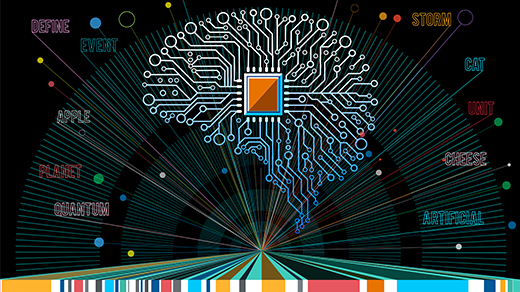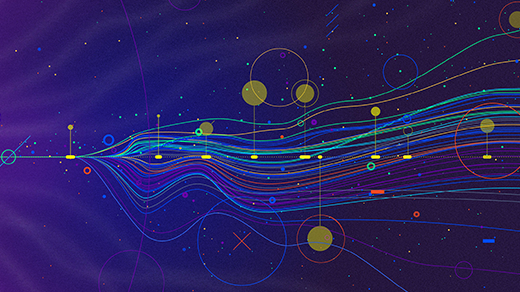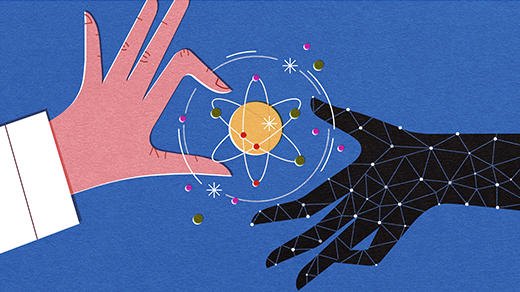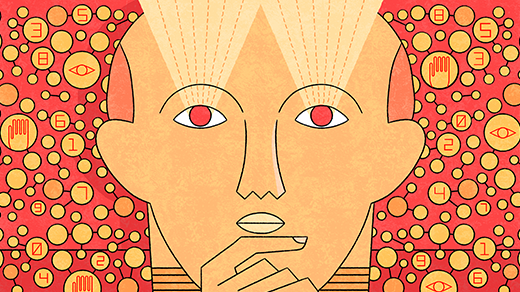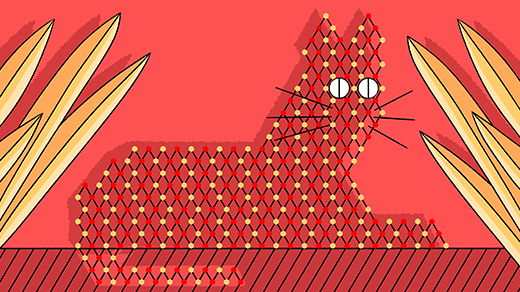Archive
Latest Articles
The Molecular Bond That Helps Secure Your Memories
How do memories last a lifetime when the molecules that form them turn over within days, weeks or months? An interaction between two proteins points to a molecular basis for memory.
Dimension 126 Contains Strangely Twisted Shapes, Mathematicians Prove
A new proof represents the culmination of a 65-year-old story about anomalous shapes in special dimensions.
Will AI Ever Understand Language Like Humans?
AI may sound like a human, but that doesn’t mean that AI learns like a human. In this episode, Ellie Pavlick explains why understanding how LLMs can process language could unlock deeper insights into both AI and the human mind.
Science, Promise and Peril in the Age of AI
An exploration of how artificial intelligence is changing what it means to do science and math, and what it means to be a scientist.

Where Do Scientists Think This Is All Going?
We asked some of the world’s foremost experts an impossible question. Amazingly, they answered.
What Happens When AI Starts To Ask the Questions?
Technology has forever served as science’s toolbox. But now that AI is being used to develop questions and methods as well, some scientists wonder what their role is going to become.
Mathematical Beauty, Truth and Proof in the Age of AI
Mathematicians have started to prepare for a profound shift in what it means to do math.
Why Language Models Are So Hard To Understand
AI researchers are using techniques inspired by neuroscience to study how language models work — and to reveal how perplexing they can be.
How Can AI ID a Cat? An Illustrated Guide.
Neural networks power today’s AI boom. To understand them, all we need is a map, a cat and a few thousand dimensions.


